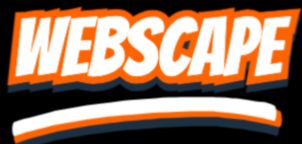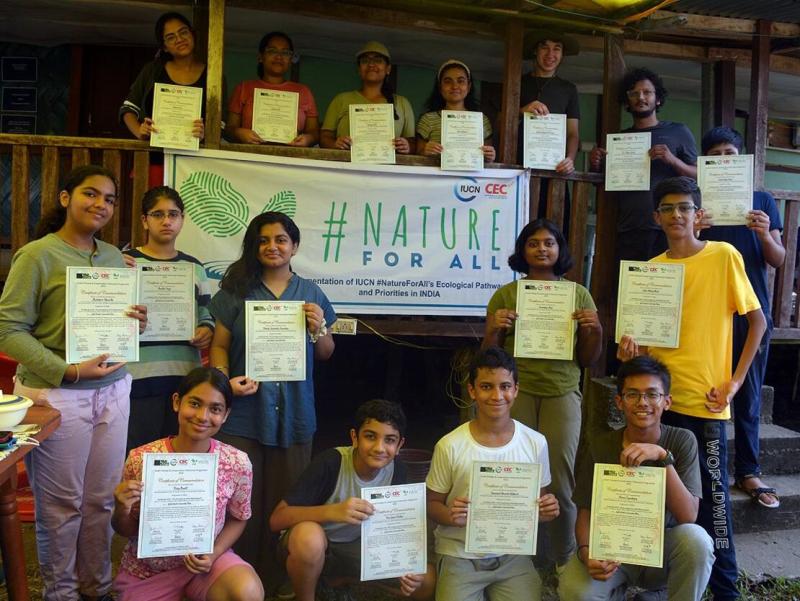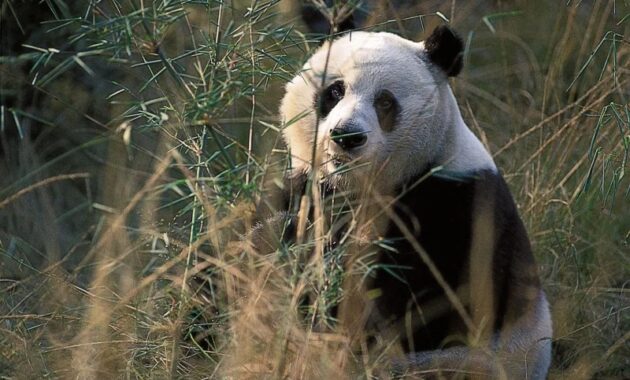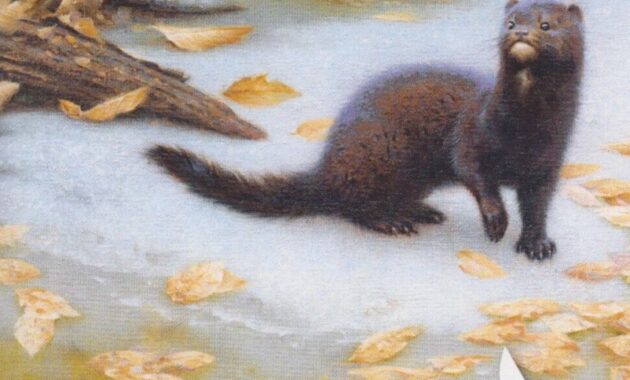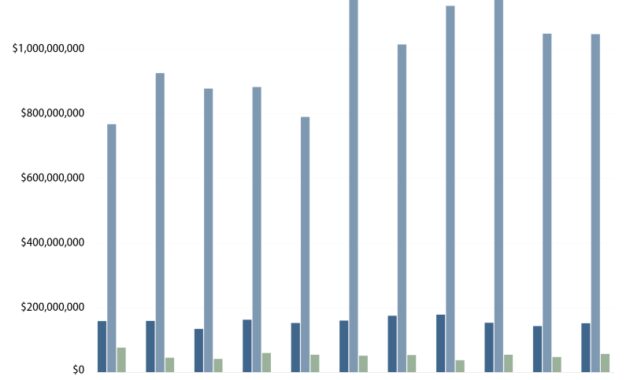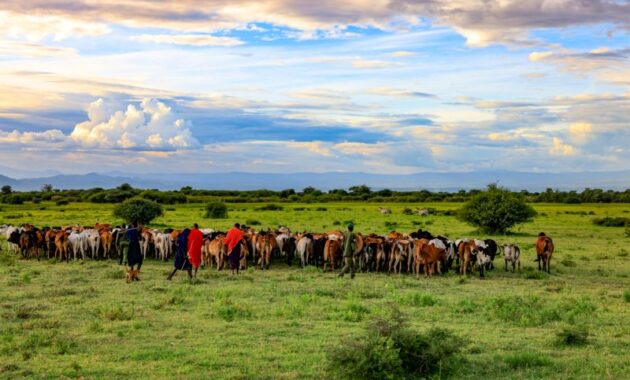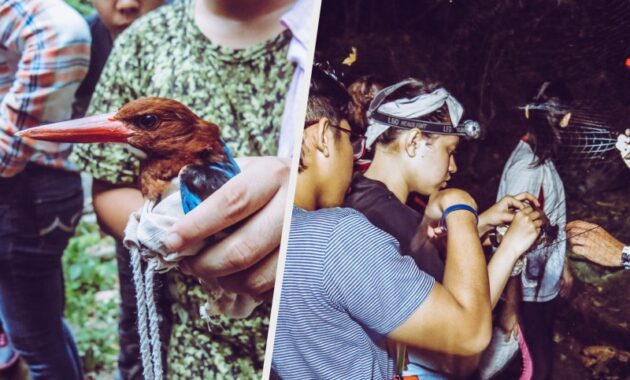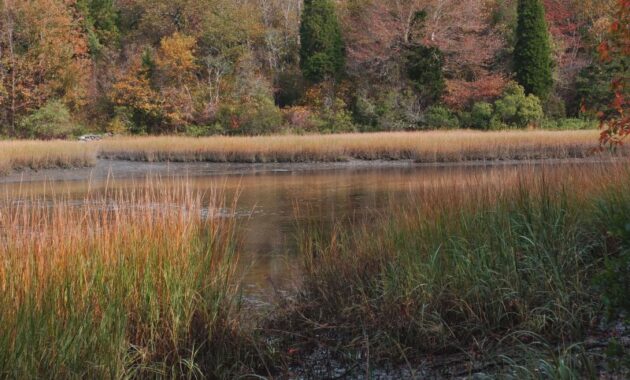Conservation Education Programs – In a society where humans compete directly with wildlife for the resources they need to survive, very few children learn respect for the natural world or the value of protecting it. Over time, this creates a culture that does not support conservation and leads to further human-wildlife conflict. At Wildlife Connection, we have developed our own conservation education program that adapts it to the abilities and experiences of primary school children in rural Tanzania. We focus on teaching human wildlife sustainability and conflict reduction as well as basic ecology. This early exposure to conservation education combined with repeated positive experiences with wildlife will influence the value systems of generations of people, ultimately helping to create a culture of support for conservation.
In 2022 and 2023 we trained a total of 52 teachers across our study area to deliver the curriculum independently. Together, these teachers reached approximately 3,743 students during the last school year.
Conservation Education Programs

We continue to support teachers and monitor the delivery of the curriculum in each school throughout the year to ensure that all children attending the district’s primary school have the same high-quality experience.
Youth Education Program — Snohomish Conservation District
In the remote villages where we work, most people have very limited access to information or learning opportunities beyond basic primary education. This lack of information is incredibly disempowering for people, leaving them dependent on the limited range of their own experiences to form opinions and make decisions. This disenfranchisement affects all aspects of people’s lives, including their relationship with elephants and the environment. For example, most people have no idea that elephants are being wiped out by poaching in Tanzania. Their perception of the state of the local elephant population is directly related to the frequency with which they hear about incidents of elephant attacks in nearby villages. As long as there are enough elephants to continue to raid crops, people have no reason to believe that elephants will not continue to exist as they always have. Even when people learn that elephants may disappear from Tanzania within the next 7 years, they are unaware of the unique ecological and economic role that elephants play in their environment. As a result of this general lack of access to information, most people have no reason to protect elephants from poaching.
We have developed two libraries in Pawaga and Idodi divisions that have newspapers and a growing collection of books on local wildlife ecology and environment. We also have English and Swahili story books in the library, giving adults and children of all ages new opportunities to develop their reading skills. We have installed solar power and laptops in both libraries so patrons can access the internet for news and information.
To directly reach adults in each community, we show conservation films that highlight elephant ecology and describe the elephant poaching crisis. Until we started the awareness campaign, most people living in villages had no idea that elephants were at risk of extinction due to poaching. The only knowledge people have about elephant populations, locally or internationally, comes from their personal experience of elephant depredations. When elephants are seen raiding crops, people naturally assume that they are plentiful.
In 2015 we recruited two filmmakers who volunteered their time and expertise to locally produce a film about Living with Elephants. The film features students attending local primary schools and includes footage of Ruaha elephants. Given the personal connection people feel with both humans and elephants depicted in the film, it is extremely popular and welcomed in the villages. The Water Conservation Partnership offers free water conservation classroom presentations taught by Nature Vision to schools in our service area. All programs:
Water Conservation Education Program Kicks Off
These programs are offered on a first-come, first-served basis. Please note that programming can fill up very quickly.
* Water Cycle Terrarium [K-3] Students will explore the water cycle, learn how water moves through watersheds, where our drinking water comes from, and what we can all do to conserve water. Personal program activities include dancing with the water cycle and building a terrarium (complete with a dinosaur!) that models the water cycle.
*Water Cycle Round [4-5] Students will review the water cycle, learn how water moves through watersheds, where our drinking water comes from, and what we can all do to conserve water. Personal program activities include a game where students become water droplets and travel to all the places water goes during the water cycle – rivers, clouds, oceans and more!

Students will learn all about soil and discover how building healthy soil with compost can help conserve water. Program activities include hands-on exploration of soil-dwelling organic matter and decomposers – including the charismatic red worm!’
Victoria Compost And Conservation Education Society
Students will learn all about soil, its role in supporting ecosystems and food webs, and discover how building healthy soil with compost can help conserve water. Program activities include demonstration of water retention in various soil types and hands-on exploration of soil organic materials and decomposers.
*Salmon Cycle [K-3] Students are introduced to the unique life cycle of the Pacific salmon, observe salmon eggs at various stages of development, and learn how water conservation can benefit the salmon. Program activities include demonstrating the salmon life cycle with puppets and working in groups to build a salmon nest!
*The Salmon Cycle [4-5] Students are introduced to the unique life cycle of Pacific salmon, explore the important role of salmon as a keystone species in Pacific Northwest ecosystems, and learn how water conservation can benefit salmon. Program activities include working in groups to map the connections between salmon, people and the ecosystem we share.
*Will there be enough water? [4-5] Students will learn about the local watersheds that provide our drinking water – including land processes and human choices that affect our water supply. Program activities include answering the question: will there be enough water? working in groups to model our water supply throughout the year under different conditions.
Conservation Programs & Education
Students will learn that water is an important resource shared by individuals, communities and ecosystems. Program activities include a virtual town hall meeting where students will play the roles of various stakeholder groups trying to decide how to manage their community’s water resources.
Students investigate the unique life cycle of the Pacific salmon, explore the salmon’s important role as a keystone species in Pacific Northwest ecosystems, and learn how water conservation can benefit salmon. Program activities include using knowledge gained during the program to interpret an excerpt from the Puget Sound Salmon Recovery Plan and working in groups to map the connections between salmon, people and ecosystems.
Students will learn about soil formation, how soil type affects plants and discover how building healthy soil with compost can help conserve water. Program activities include working in groups to use scientific research to control water retention in different soil types.

*Will there be enough water? [6-8] Students will learn about the local watersheds that provide our drinking water, including the land process and human choices that affect our water supply. Exciting activities include working in teams to model our water supply throughout the year to answer the question: will there be enough water? Students will also compare their conclusions with real-world data.
Guy Harvey Foundation Launches Conservation Education Program For Educators
*Water Conservation Town Hall [6-8] Students will learn that water is an important resource shared by individuals, communities and ecosystems. Program activities include a virtual town hall meeting where students will play the roles of various stakeholder groups trying to decide how to manage their community’s water resources.
Then the pandemic hit. Schools closed on March 15 and the country came to a standstill for six months as Kenya struggled to contain the spread of COVID-19.
The Big Life offices reopened on September 1, and Michael quickly set about adapting the curriculum to attract students to their villages. During five visits to the villages, 193 students in 7th and 8th grade were approached.
Conservation Education In Cerro Gordo County, Iowa
The Kenyan government had previously announced that schools would remain closed until 2021, but reversed its decision in October only for grades 4 and 8 due to crucial preparations needed for national exams next spring. To focus our resources and maximize the benefit of our curriculum, Big Life will focus on 8th graders attending school through the end of the year and continue the broader program
- Conservation Education Programs 2023 - August 19, 2024
- Endangered Species Protection - August 16, 2024
- Wildlife Habitat Preservation 2024 - August 15, 2024
